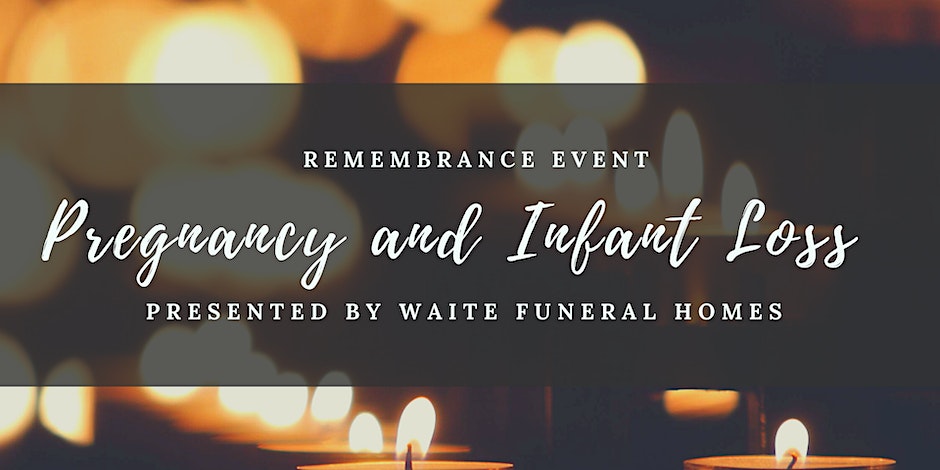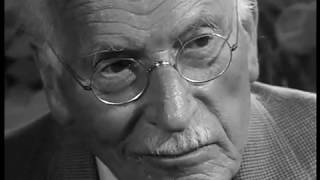https://www.psychologytoday.com/us/blog/longing-nostalgia/201408/are-some-offenses-unforgivable
Are Some Offenses Unforgivable?
Recognizing change across time can be helpful in dealing with unforgivable hurt.
Posted Aug 19, 2014

In 2005, 9-year-old Jessica Lunsford’s body was found buried within sight of her home. She had been abducted, raped, bound and buried alive, clutching her purple stuffed dolphin. Convicted and sentenced to death, her killer, John Couey, died of natural causes in prison in 2009. Jessica’s father, Mark Lunsford, told CNN the news of Couey’s death made him sad, saying, “To me, death is sad.” Believing that his daughter’s death had been “redeemed,” Lunsford described the impact of Couey’s death, explaining, “I’m relieved. I’m glad it’s over with.”The thought of a young girl dying alone in trash bags in a shallow grave raises the question: “Are some offenses unforgivable?”
Answers to this question depend upon how one defines forgiveness. What does it mean to forgive an offense? Definitions can include intrapersonal components of giving up negative emotions such as anger, hate, and the desire for revenge, and interpersonal aspects such as pardoning the offender, and having compassion or prosocial feelings and behaviors toward the offender (Enright & Coyle, 1998; McCullough, 2000; Rye, Pargament, Ali, Beck, et al., 2000; Worthington, 1998). Not all definitions assume the necessity of reconciliation, that is, establishing (or reinstating) a healthy relationship with the offender. Does forgiveness mean achieving neutrality or positive feelings toward the offender?
Research has shown that concepts of forgiveness are influenced by religious and philosophical beliefs. For example, in Judaic tradition, a person does not have the right to forgive wrongs done to other people; only the victim can extend forgiveness. In this framework, only Jessica can forgive Couey, although Jessica’s father can choose whether or not to forgive the tragic loss of his daughter. In one study, Christian clergy differed from the general population in their opinion that some offenses are unforgivable (Macaskill, 2005). While 34% of the clergy believed that there are limits to the offenses that can be forgiven, 69% of the lay people argued that some offenses are unforgivable. Unforgivable offenses cited, such as murder of children, rape, and sexual abuse, would include the murder of Jessica Lunsford. The majority of the general population maintained that repentance by the offender is necessary for forgiveness, whereas the majority of the clergy viewed it as unnecessary. Forgivable is in the mind of the beholder, and some people are more willing than others to forgive.
In one study exploring offenses people found impossible to forgive (Rapske, Boon, Alibhai, & Kheong, 2010), the offense reported most often as not forgiven (31%) was betrayal, including extra-relationship cheating, deception, broken promises, and disclosed secrets, followed by violence and sexual and physical abuse (19%). Reasons for not having forgiven the offense included lack of reparation, absence of apology or remorse, continued offending, the violation of trust, the intensity of emotional hurt, and degree of damage to the relationship. The role of the offender in the person’s life influenced the willingness to forgive. Revealing a secret is unforgivable when divulged by a trusted relative, friend or confidant. Extra-relationship affairs are unforgivable when faithfulness is essential to an intimate relationship. Irreparable harm is unforgivable. A relationship can be irreversibly damaged when trust cannot be reinstated. The death of a loved one cannot be made whole, because nothing can bring the loved one back.
Some victims conflate forgiving the offender with forgiving the offense. They believe that forgiving the offender condones the offense or gives it a degree of acceptance or approval. Others view offenders as unforgivable if they acted knowingly, intentionally, and without regard for others. Quoting Elie Wiesel, Anita Epstein (2010), Holocaust survivor, maintained, “I cannot and I do not want to forgive the killers of children.” She explained that forgiving would make it hard for her to live with herself: “I could not dishonor the memory of my family members and the millions of other Holocaust victims by giving a free pass to their murderers. That would only signal to other bestial beings that they, too, would be forgiven if they were to commit genocide.” Today, images of thousands of Yazidis trapped dying at Mount Sinjar (Krohn, 2014) and reports of Iraqi Christians, including children, being beheaded might support Epstein’s fear (CNN, 2014).
Are there costs incurred by withholding forgiveness? In one study, only 16% of the participants thought there are no disadvantages of withholding forgiveness, whereas 30% responded that there are no advantages (Rapske, Boon, Alibhai, & Kheong, 2010). Most participants believed that not forgiving can be harmful to the victim’s health and psychological wellbeing. Not forgiving didn’t relieve the suffering or the negative emotions of sadness, anxiety, anger, or bitterness. By contrast, it sustained the exhausting griefand lack of closure, effectively extending the life of the offense. An extraordinary example is evident in the 1995 documentary Forgiving Dr. Mengele (Pugh & Hercules, 2007). Eva Kor, a victim of Dr. Mengele’s unthinkable experiments at Auschwitz, described the impact of extending forgiveness: “I was no longer in the grip of pain and hate; I was finally free . . . Forgiveness is really nothing more than an act of self-healing and self-empowerment.”
Epstein disagrees, arguing that holding onto the pain “helps ensure that the past is always present in me. It is an important part of what keeps me close to those I lost and to the world that died with them.”
Forgiving is not the same as forgetting. For many, the most hateful offenses can be at most partially forgiven in the compromise described as “forgiving, but not forgetting.” The nature of the memories can affect the impact of forgiving. Remembering can preserve the unacceptability of the offense and in some cases, protect the victim from being victimized again. When another is the victim, remembering can give meaning to the one lost or injured. It can be difficult, however, to prevent the horror of the offense from overshadowing the beauty and innocence of the one lost. Having the shadow of the offense and the offender hang over the injured or lost one is a disservice to the victim. Forgiving may be liberating when memories preserve what is to be celebrated about the victim’s self prior to becoming a “victim.”
Some might forgive an unthinkable act in part because they distinguish the act from the offender. They come to feel that the act, but not the person who committed it, is unforgivable. The offender might be forgiven if he or she has changed so integrally that they are no longer who they were then. The belief that a person can change the very essence of their nature underlies many of our interactions with others. For example, trusting someone who had been unfaithful requires believing that they are no longer capable of such betrayal.
Forgiving is not the same as restoration of what was; it does not entail acceptance of the offense or justifying the offender. Irreparable crimes against vulnerable innocents are inherently unacceptable and are to be prevented and opposed in every way possible. What remains is the question of what is carried forward by those harmed.
The recognition of change across time can be helpful in dealing with unforgivable hurt. Once justice has been done, keeping the offense and offender in the past and never forgiving them there can help one maintain the repudiation of an unforgivable offense. Then one is liberated from the impossible burden of trying to erase the past and can begin to live free in the present. As we move forward, the past recedes, like the image in a rearview mirror that continues to shrink the farther we advance. Just as the offender may no longer be the person they were at the time of the offense, the survivor also is no longer who they were then. The decision to forgive can be a choice to shed victimization and move on.
Additional Reading
CNN. (2014, August 11). CNN Video: ISIS in Iraq beheads Christian children, reports Chaldean leader. CNN International Jerusalem Channel.
http://jerusalemchannel.tv/cnn-video-isis-iraq-beheads-christian-childre…(link is external)
Enright, R. D., & Coyle, C. T. (1998). Researchig the process model of forgiveness within psychological interventions. In E. L. Worthington Jr. (Ed.), Dimensions of forgiveness (pp. 139-161). Radnor, PA: Templeton Foundation Press.
Epstein, A. (2010). Why I cannot forgive Germany. Forward Forum.
http://m.forward.com/articles/128652/why-i-cannot-forgive-germany/






Leave A Comment
You must be logged in to post a comment.